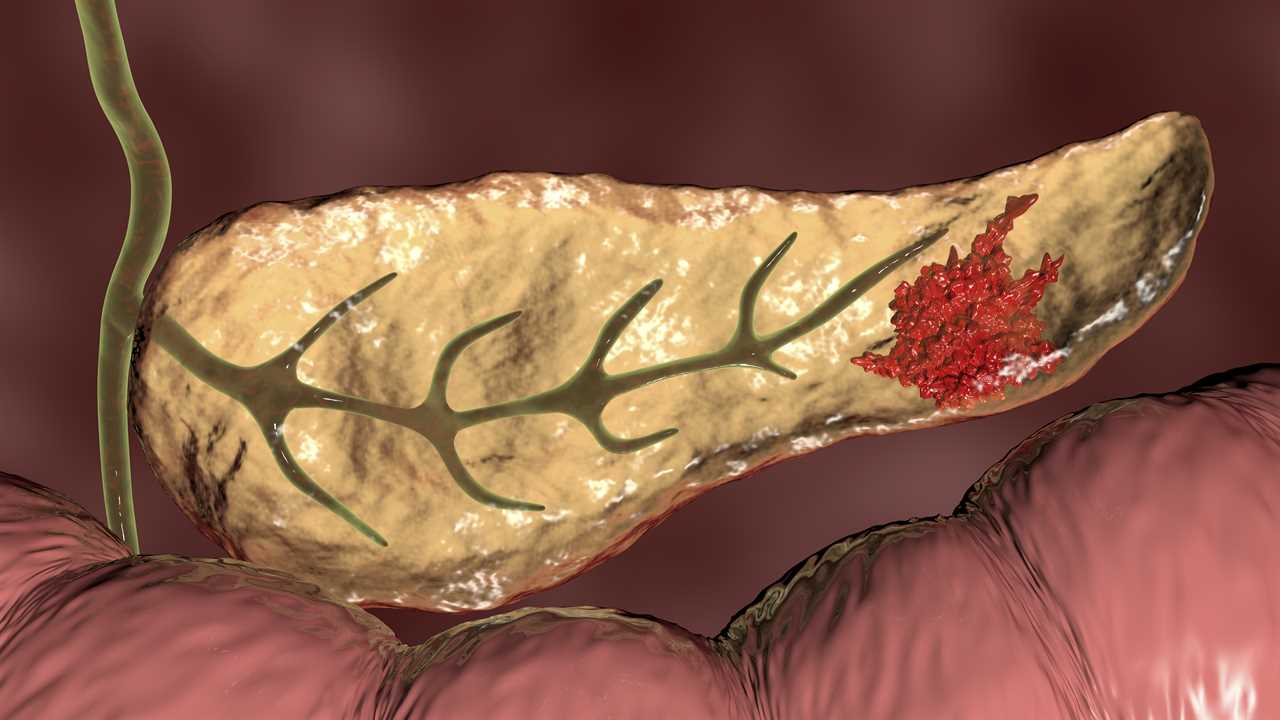A NEW quick and easy test could detect your risk of a deadly cancer, scientists have discovered.
Around 10,500 people in the UK are diagnosed with pancreatic cancer every year, and signs of the illness can be hard to spot.

But researchers have now claimed that a simple stool sample could detect the cancer early – leading to prompt treatment.
The main symptoms of pancreatic cancer include back pain, indigestion, change in bowel habits and tummy pain.
However symptoms don’t always show at the start of the illness and may only become visible at a later stage of the cancer.
Around one in 20 people with the most common form of pancreatic cancer – ductal adenocarcinoma – will survive for five years or more.
Experts looked at stool samples of 136 patients from two hospitals in Madrid and Barcelona in Spain.
Of the 136 patients, 25 had early stage cancer and 32 advanced, with 50 without cancer acting as controls, and 29 patients with chronic pancreatitis, where the pancreas has become permanently damaged by inflammation.
They suggested that detectable changes involving gut bugs could provide a warning sign that a tumour is present.
Writing in the journal Gut, the experts said that they collected spit and stool samples from two groups of patients.
One group had pancreatic ductal adenocarcinoma, while the other were selected as control patients for comparison.
The saliva drew a blank with no visible signs of cancer in both groups of patients.
But surprisingly the stool samples showed a difference in the pattern of gut bacteria, fungi and other microbes.
They added that the samples may be relevant beyond their use for diagnosis, providing promising future entry points for disease prevention and therapeutic intervention.






